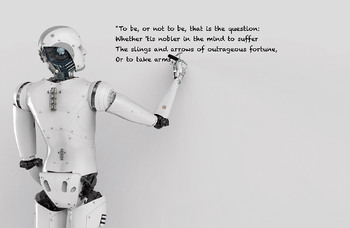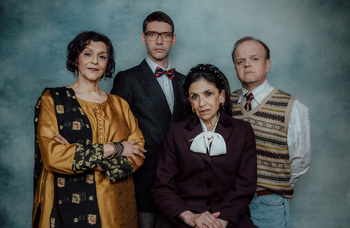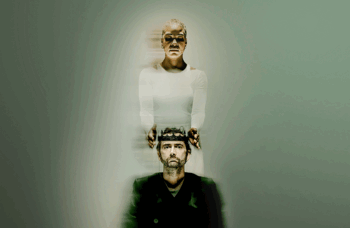UK’s creative industries ‘falling behind’ amid tech expansion, report claims
Streaming services, skills shortages, and the rise of artificial intelligence are causing the UK’s creative industries to lag behind their global competitors, a new report has claimed.
To catch up, the report recommends that the sector at large “be prepared for the rapid AI transformation”, stream its content to wider audiences and provide more technical courses for younger students.
Entitled The Next Act: A Vision for the UK’s Creative Future, the report is released by Boston Consulting Group’s (BCG) Centre for Growth. It draws on interviews with sector leaders and a survey of 523 UK creative industry professionals.
It finds the UK’s creative industries’ global status to be at an “inflection point”, at risk of being “quickly outpaced” by countries including France and South Korea, despite their high quality.
The fact that audiences increasingly consume content via streaming services and tech platforms has resulted in global firms doubling their share of UK turnover, from 22% in 2014 to 44% in 2024, and is putting investment in “British-made content” at risk, the report found.
Meanwhile, other countries are outperforming the UK in terms of investment in the arts, with South Korea supporting content owners in striking the best deals for their intellectual property and France applying levies on streamers in order to drive investment into its domestic industry.
AI was also flagged as a “mega-trend” that the UK’s creative industries should adapt to. The report noted “significant concerns” that AI models are being trained on copyrighted material without fair compensation for the creator – but also suggested AI made content generation cheaper and “more accessible”.
Continues...
“Acute” skills shortages are being made worse by AI, with workers increasingly unprepared as the technology reshapes in-demand technical roles, the report continued.
It highlighted that the creative industries are one of the UK’s most qualified sectors, in which 68% of employees have a degree versus 22% economy-wide, but that workers are poorly prepared, and stand to be even more so amid rapid decline in those studying the arts in school.
To remedy these problems, the report suggested a shift away from “short-term tactical conversations, too often narrowly focused on government funding”.
Instead, it argued organisations should take steps including putting their work on global tech platforms to present it to wider audiences and “monetise their back catalogues”. BCG cited the success of National Theatre at Home, which amassed more than 15 million views across 173 countries within four months of its launch.
“Be prepared for the rapid AI transformation,” the report’s executive summary continued, adding: “If creative content has clear market value and technology evolves to track and enforce what is used to train AI models, then a licensing market that follows a more traditional copyright and IP protection approach is likely to make the most sense.”
The remark adds to the growing chorus of opposition to the government’s plan to allow AI models to train easily on creatives’ work by default.
In addition, providing technical courses below degree level as well as at universities was proposed as a solution to the gaping digital skills gaps. University of Arts London’s professional diploma in technical and production practice for the creative industries was noted as a particularly effective route into employment.
Other recommendations included allowing cities and regions to levy tourist tax, with revenues directed into the creative sector.
Production News
Recommended for you
Production News
Recommended for you
Most Read
Across The Stage this weekYour subscription helps ensure our journalism can continue
Invest in The Stage today with a subscription starting at just £7.99














